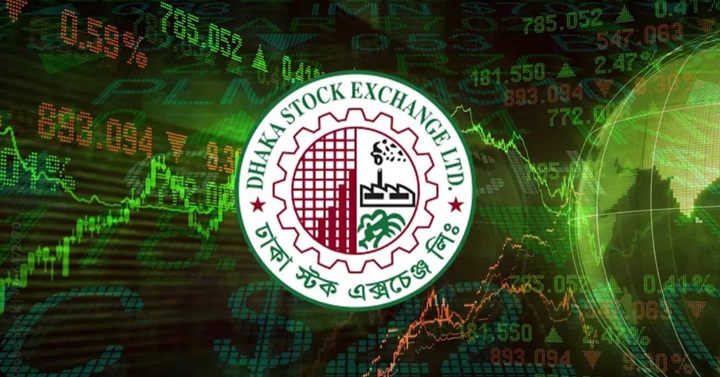
The SME board of the Dhaka Stock Exchange (DSE) has taken a heavy beating over the past year, with its price index tumbling 345 points, or 27%, to 950 points as of Monday—slipping below its base level for the first time since launch.
The correction wiped out more than Tk 10 billion in market value, leaving the SME board’s capitalisation at Tk 19.23 billion, according to DSE data.
By contrast, the DSE’s main board index fell only 6% during the same period, even amid political upheaval, with market capitalisation rising by Tk 154 billion thanks to gains in select large-cap stocks.
From Boom to Bust
The SME platform, launched in September 2021, initially attracted speculative frenzy. The index hit a record 2,244 points in August 2022, fuelled by sharp rallies in little-known companies. But those gains proved unsustainable.
Between August 2024 and August 2025, 15 of the 20 listed SME stocks plunged, with price drops ranging from 3% to 76%.
Among the worst hit was Yusuf Flour Mills, which collapsed 67% in a year to Tk 2,018 a share on Monday—still trading at a lofty P/E ratio of 142. The stock had reached Tk 6,352 in June 2024, making it the most expensive scrip on the exchange despite weak fundamentals.
Another speculative darling, Himadri, which operates potato cold storages, shed 53% to Tk 1,022 over the year. Its stock had touched Tk 10,000 in late 2023, prompting regulators to investigate.
The Bangladesh Securities and Exchange Commission (BSEC) fined one investor and three firms Tk 17 million in July 2024 for manipulating Himadri’s share price.
New Regime, Tougher Oversight
The sharp correction coincided with a change in political leadership in August 2024 and the appointment of Khondoker Rashed Maqsood as BSEC chairman. Market sentiment shifted as investors anticipated tougher actions against manipulation.
“The share price of Yusuf Flour Mills should not be higher than any blue-chip in the main market,” said Akramul Alam, head of research at Royal Capital, pointing to excessive valuations.
Since then, the new BSEC commission has intensified surveillance and slapped heavy fines on manipulators and non-compliant firms, sending a strong signal to the SME market.
While analysts say the correction was inevitable given inflated valuations, they note that greater transparency and regulatory vigilance are now essential to restore investor confidence in the SME board.






